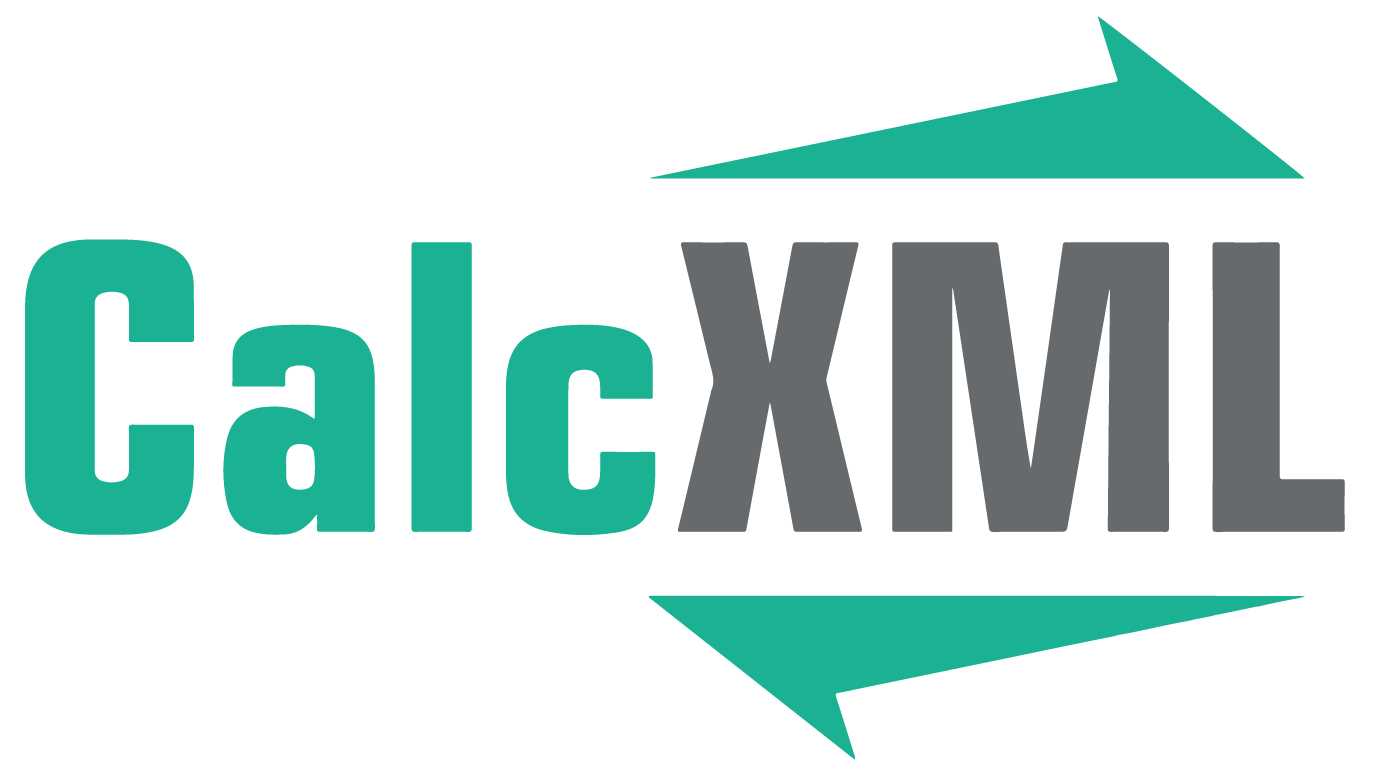Determine How Much More You'll Have To Save If You Wait - Use Our Savings Calculator
Save now vs. save later
A penny saved is a penny earned, but a penny saved today is a penny earning more. It is important to start saving as soon as possible for events such as retirement due to the impact of compounding. If you start saving now you will need to save considerably less than if you wait a few years. Use this calculator to determine how much extra you will need to save if you wait.
This information may help you analyze your financial needs. It is based on information and assumptions provided by you regarding your goals, expectations and financial situation. The calculations do not infer that the company assumes any fiduciary duties. The calculations provided should not be construed as financial, legal or tax advice. In addition, such information should not be relied upon as the only source of information. This information is supplied from sources we believe to be reliable but we cannot guarantee its accuracy. Hypothetical illustrations may provide historical or current performance information. Past performance does not guarantee nor indicate future results.






